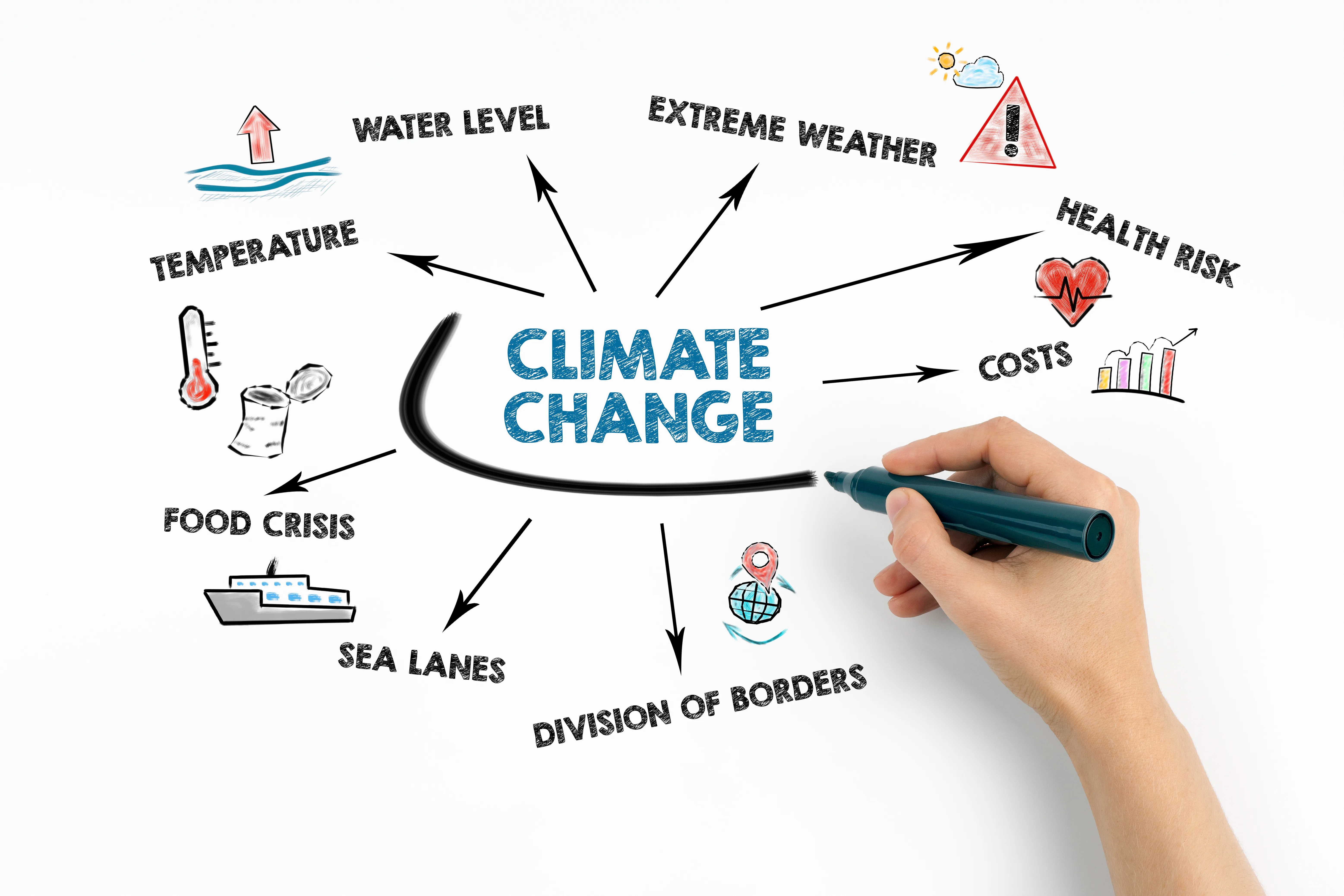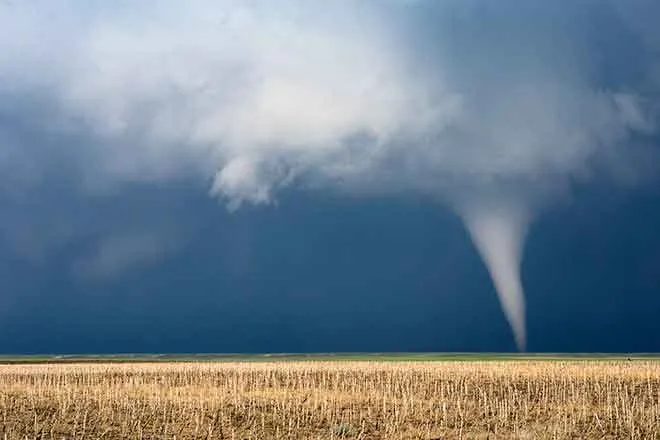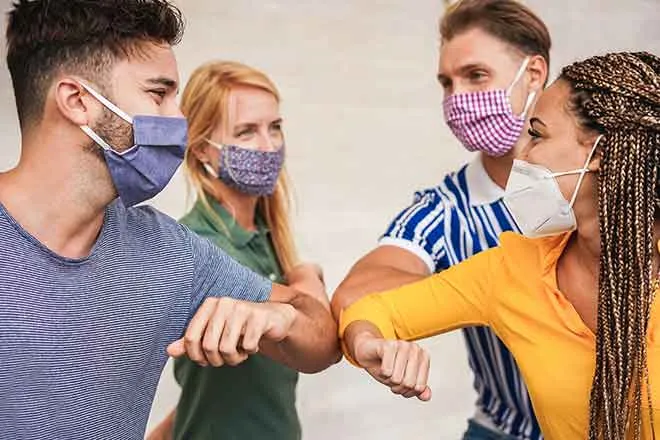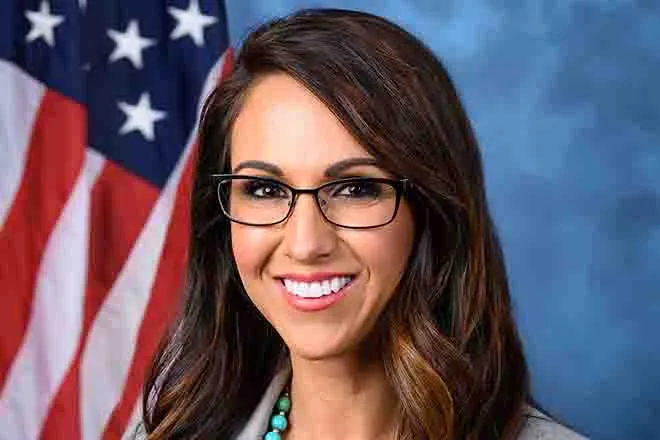
Daily Audio Newscast Afternoon Update - August 26, 2025
© INDU BACHKHETI - iStock-1336427297
News from around the nation.
Haboob slams Phoenix with a towering wall of dust, causing damage, airport delays and power outages; On Women's Equality Day, IL advocates highlight need for equity; Report: Colorado wildfires bigger, more frequent; Study: MS victim compensation program creates barriers for survivors.
Transcript
The Public News Service Tuesday afternoon update.
I'm Mike Clifford.
A towering wall of dust known meteorologically as a Habub swallowed parts of Metro Phoenix one evening, plunging the city into near zero visibility.
The dust storm was quickly followed by severe thunderstorms that tore through the city, leaving behind downed trees, wind damage, and widespread power outages.
At Phoenix Sky Harbor Airport, a connector bridge was shredded by 70 mile per hour winds.
That from CNN.
They report the National Weather Service in Phoenix issued both dust storm and severe thunderstorm warnings as the system pushed into Maricopa County on Monday evening.
The weather service warned drivers of dangerously low visibility and urged people to pull aside and stay safe.
And it's National Women's Equality Day with growing gender gap in the labor force.
Some Illinois organizations are highlighting the need to shift from focusing on equality to equity and efforts toward achieving gender equality.
Kimberly Jones covers the Midwest region for self-help federal credit union.
She says recent labor force changes and rollbacks of flexible work policies demonstrates a need for financial systems that meet women where they are, especially those from underserved communities.
Certainly women have made advances over the years, but there's still a lot of pay inequity when it comes to women, a lot of inequity when it comes to women business owners getting access to capital.
The Bureau of Labor Statistics shows more than 200,000 women nationwide have left the workforce since January, while about 44,000 men entered the workforce in that time.
And the Lee Fire, just northwest of Rifle, has become Colorado's fifth largest in recorded history.
A new Colorado State University report suggests large-scale wildfires will be more frequent and less predictable in coming years.
Back in the 1990s, Colorado experienced just a dozen wildfires each year, but report author Thomas Gifford says by 2020, that number rose to 72 per year. of the top 10 largest fires in state history.
Four of the top five have happened since 2020 and eight of the top 10 have happened since 2012.
I'm Eric Galatas.
Losses from the 2021 Marshall Fire totaled more than $2 billion.
And a new report finds Mississippi's program to compensate victims of violent crime creates significant barriers for survivors seeking financial help.
The analysis from the Center for American Progress evaluated all 50 states and territories ranking Mississippi near the bottom.
Chandler Hall with the center says financial stress after a crime can be a greater predictor of PTSD than the victimization itself.
We do see from the data that black individuals and particularly black men, while they are statistically at the highest risk of experiencing violent victimization, they also are the least likely to access victim services or receive victim compensation.
The report's authors say the application process can be re-traumatizing and create historical and statistical discrimination.
This is public news service.
A Wisconsin agricultural nonprofit is sounding the alarm on proposed federal changes to reorganize the USDA and are urging farmers and advocates to oppose them.
Part of the reorganization would relocate national operations out of Washington, DC, which Chuck Anderes with the Michael Fields Agricultural Institute says he believes is part of a larger effort to further reduce the size of the agency.
Wisconsin has lost about 22 percent of its USDA staff this year.
A lot of them were spread throughout the state and it caused a lot of disruption of services and it makes it a lot more difficult for the government to efficiently carry out its mission in those areas.
Andara says organizations like his rely on partnerships with the USDA, but communication has become increasingly difficult.
He says additional agency cuts would disrupt farmer access to critical programs.
The USDA has said the reorganization would cut costs and better meet the needs of farmers.
I'm Judith Ruiz Branch reporting.
And West Virginia expected to lose more than $73 million in federal funding for public education.
Educators say the loss will worsen the state's teacher shortage and outcomes for students.
Kanawha County educator Octavia Cordon says schools are already hurting from declining enrollment and learning setbacks from COVID.
She's worried the potential funding losses for programs that improve teacher effectiveness and leadership will drive more people out of the profession.
The teacher shortage is already at a high rate as it is.
You know, we have teachers, you know, pulling out, retiring, switching jobs.
Under the current proposal, West Virginia could no longer use federal block grant funding to support wraparound services, afterschool and summer programs, aid for migrant children, programs that support English learners, and programs that serve children with disabilities, among other changes.
This is Nadia Ramlagon for West Virginia News Service.
Finally, with the new state anti-fraud measure looming, Nebraska advocates are raising awareness about cryptocurrency ATM fraud.
Crypto kiosks are becoming more common at retailers as well as bars and restaurants, and a new consumer protection law will take effect next week.
Retailers will be required to register each machine and to post warnings advising people to be wary of scams and noting that government agencies do not accept payments from kiosks.
Gina Raglin with AARP Nebraska says scammers will often send people QR codes and for those who are not tech savvy, scammers can appear very supportive.
The scammers are really good about being very compassionate.
So if somebody doesn't understand how to do it, they're more than happy to walk them through how to use that QR code.
They're very friendly with them as long as they're getting what they want from the consumer and knowing that they're going to be able to scam them out of that money.
Brett Pivito reporting.
This is Mike Clifford for Public News Service, member and listener supported.
Find our trust indicators at publicnewsservice.org.
















